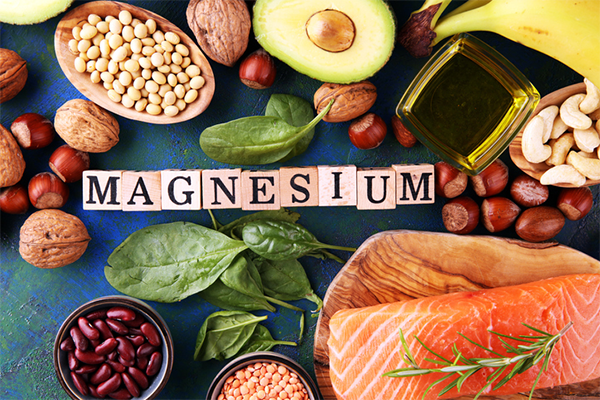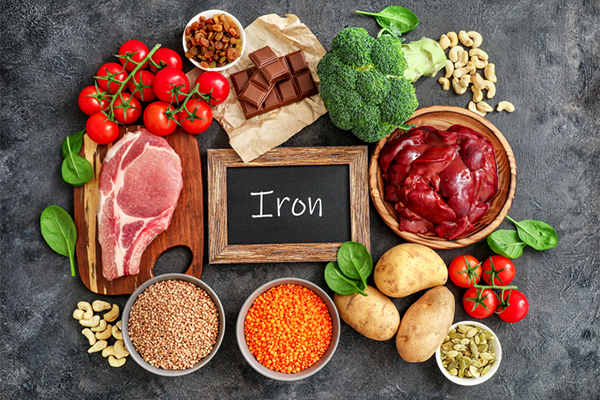When it comes to understanding the best vitamins for athletes, it's important to consider a few key factors that can impact athletic performance. These factors include how exercise affects the body's supply of vitamins, the difficulty of obtaining certain vitamins through a normal diet, and how recommended daily intake levels are determined.
It's worth noting that the recommended levels of vitamins and minerals are designed to meet the needs of the general population. However, athletes often have unique requirements due to their increased physical activity levels. Research has shown that consuming certain vitamins at higher levels than recommended can be both safe and effective for athletes.
Deficiency in vitamins can lead to a decrease in energy production and performance, highlighting the importance of ensuring adequate intake for optimal athletic performance.
Magnesium

Magnesium is a crucial mineral that plays a role in various bodily functions, including muscle contraction and nerve conduction. Despite its importance, research suggests that nearly half of the population does not consume enough magnesium.
In addition to its well-known functions, magnesium also plays a critical role in maintaining bone health. Consuming adequate magnesium is essential for supporting overall bone density and strength.
Research has shown that the need for magnesium increases with physical activity levels, as it is involved in muscle recovery, cramp prevention, and ATP stabilization. Given that magnesium is lost through sweat and is less abundant in common foods, athletes may benefit from supplementing their intake.
Iron

Iron is essential for aerobic fitness, as it is a key component of hemoglobin, the protein responsible for transporting oxygen to tissues. Iron deficiency is a common nutritional issue, particularly among certain populations and those with specific dietary restrictions.
Getting enough iron can be challenging, especially for vegans and vegetarians, as the most bioavailable sources of iron are found in animal products. It's important to consider both the amount and source of dietary iron to ensure optimal absorption.
Vitamin D

Many Americans have suboptimal levels of vitamin D, as it can be challenging to obtain an adequate amount from food sources alone. While sunlight is a natural source of vitamin D, supplementation may be necessary to maintain sufficient levels year-round.
Vitamin D is essential for calcium absorption, as well as various aspects of cardiovascular, cognitive, and immune health. Ensuring adequate vitamin D intake is crucial for overall well-being and athletic performance.
Other High-Performance Vitamins
In addition to magnesium, iron, and vitamin D, there are several other vitamins that athletes should prioritize for optimal performance. These include various B vitamins, biotin, and folate, all of which play important roles in metabolism, energy production, and overall health.
*These statements have not been evaluated by the Food and Drug Administration. This product is not intended to diagnose, treat, cure, or prevent any disease.
